Gareth Southgate's England: a bittersweet swan song
History books will favour football manager who transformed culture of football in England
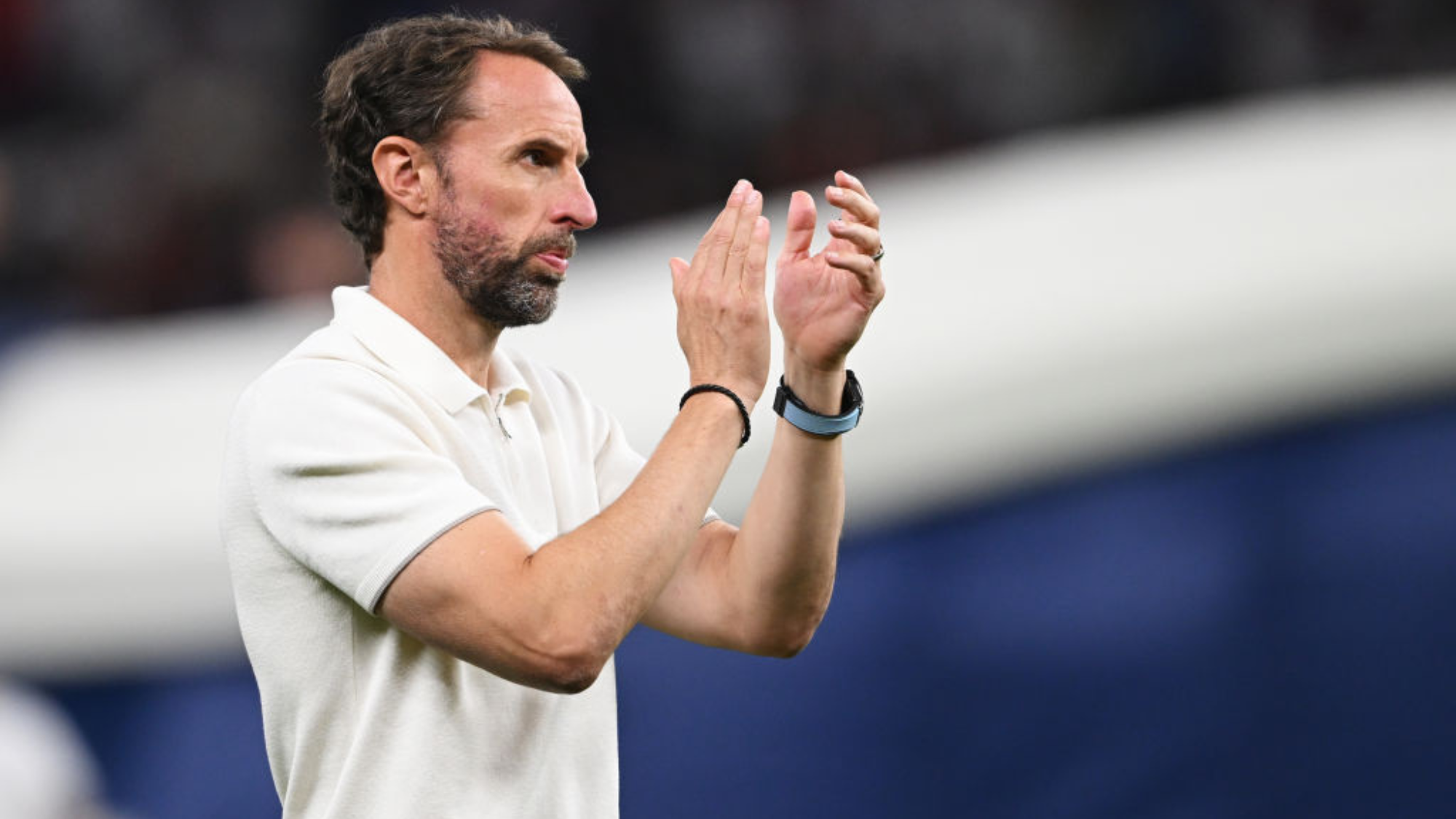
A free daily email with the biggest news stories of the day – and the best features from TheWeek.com
You are now subscribed
Your newsletter sign-up was successful
"Surely after almost six decades, it had to be time for a new script?" England fans certainly dared to dream before Sunday's Euros final, said Robert Hardman in the Daily Mail.
So many of them had decided to travel last-minute to Germany in the hope of breathing "the air of victory", the last tickets on packed-out flights had sold for up to £950, and Berlin's air space was unable to cope with the traffic: German media reported that two hastily chartered Ethiopian Airlines flights had ended up landing in Leipzig, 120 miles away.
The German capital itself was "overrun" with England supporters. And though many of them watched the game in the mile-long "fanzone" by the Brandenburg Gate, a surprising number had obtained tickets to the final, for which touts were charging as much as £5,000. England's official ticket allocation was 10,295. Yet inside Albert Speer's austere 74,475-seater Olympiastadion, it was a sea of red and white flags.
The Week
Escape your echo chamber. Get the facts behind the news, plus analysis from multiple perspectives.

Sign up for The Week's Free Newsletters
From our morning news briefing to a weekly Good News Newsletter, get the best of The Week delivered directly to your inbox.
From our morning news briefing to a weekly Good News Newsletter, get the best of The Week delivered directly to your inbox.
England 'distraught' at defeat
But football didn't come home, not to England at least. With their 2-1 win, "La Roja" proved that football's home is Spain, "the dominant football culture of the age", said Barney Ronay in The Guardian. At the final whistle, England were "distraught". When the bruises heal, this young team will be proud to have fought through "seven high-drama games" to reach the first overseas final in the history of the men's national side.
But in truth, Gareth Southgate's players had not met on that journey a world-class rival like Spain – and against that "supremely coherent and talented team", they struggled to find their rhythm. Early on, Spain dominated the ball, and in the second half, it took just 70 seconds for their electrifying wingers – Lamine Yamal and Nico Williams – to get it into the net.
Meanwhile, Harry Kane in attack "offered all the mobility, touch and spring of a rain-sodden hay bale". After 60 minutes, Southgate finally took him off, then sent on Cole Palmer, who scored a "sublime equaliser" moments later. The England fans erupted in joy. But it wasn't enough. Spain also brought on a back-up striker, and in the 86th minute, Mikel Oyarzabal scored the winning goal.
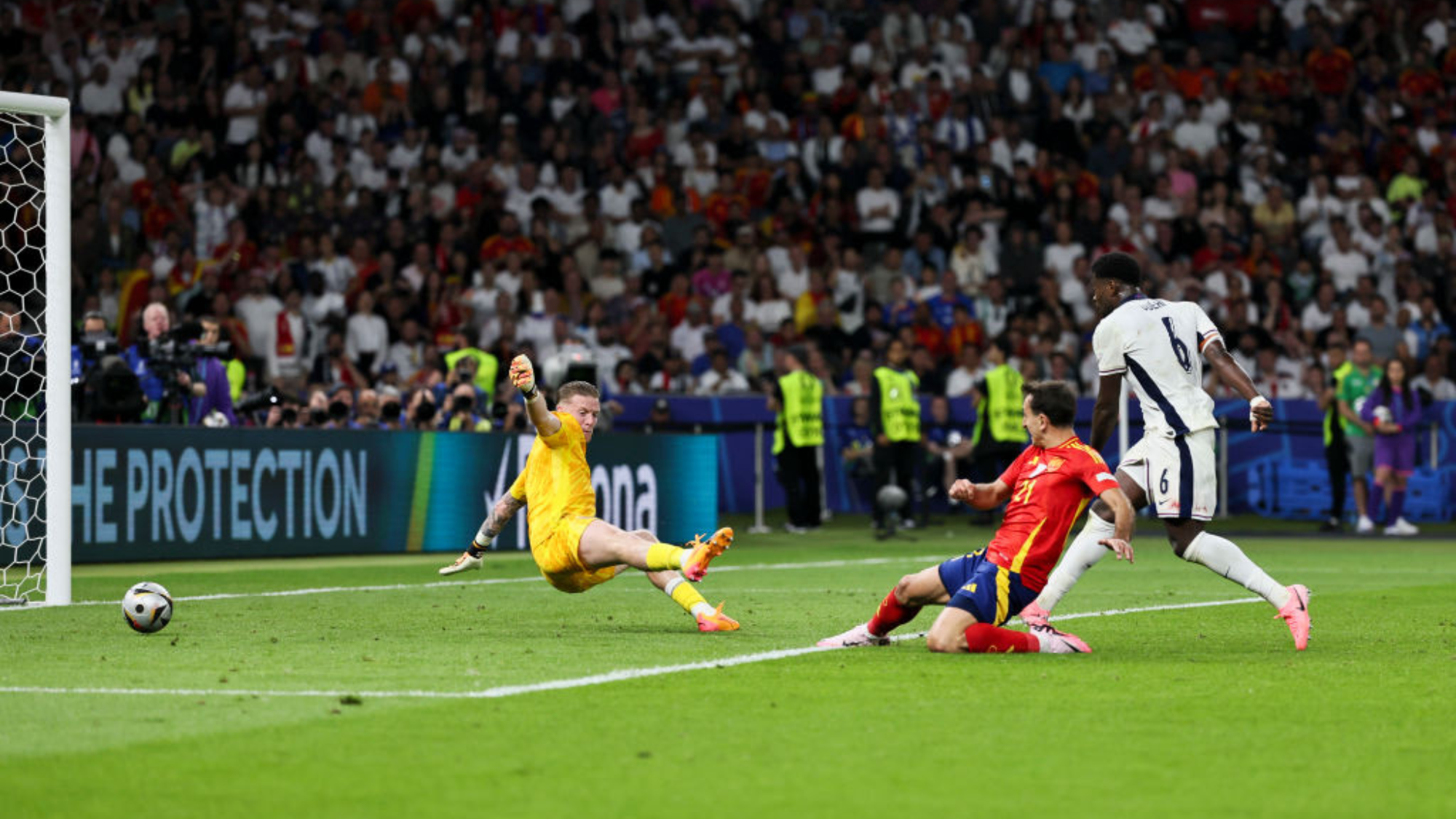
A legacy for the history books
For Kane, England's captain, who was "clearly short of fitness", the "feeling of loss is unfathomable", said Oliver Brown in The Daily Telegraph. England's greatest goal scorer by volume has now overseen two "last-gasp" losses in a Euros final in a row. As for Southgate, this match turned out to represent his last as manager. The man who was vilified after his missed penalty sent England out of the Euros in the semi-final in 1996 resigned this week, having fallen short of achieving arguably "the grandest act" of sporting redemption in history.
A free daily email with the biggest news stories of the day – and the best features from TheWeek.com
The tournament had felt like Southgate's last, said Martin Samuel in The Times. On Sunday, he did not look as if he'd now be gearing up for a World Cup campaign. This decent man had endured too much. Before Jude Bellingham's dramatic bicycle kick delivered that crucial 95th-minute equaliser against Slovakia, his name was booed by fans, he was pelted with cups, and he was "disparaged by former players he saw as allies". Those things hurt. As he said, "We all want to be loved." So he is right to move on for his own sake; but also, for England's. In eight years, he has taken the team a long way.
Now it is time for someone else to have a go at scaling the final peak; another chef may have the ingredient he lacked to turn England's great players into a world-beating side. Still, "history will treat him kindly", as the manager who changed the culture, and who made watching England, and playing for it, enjoyable again.
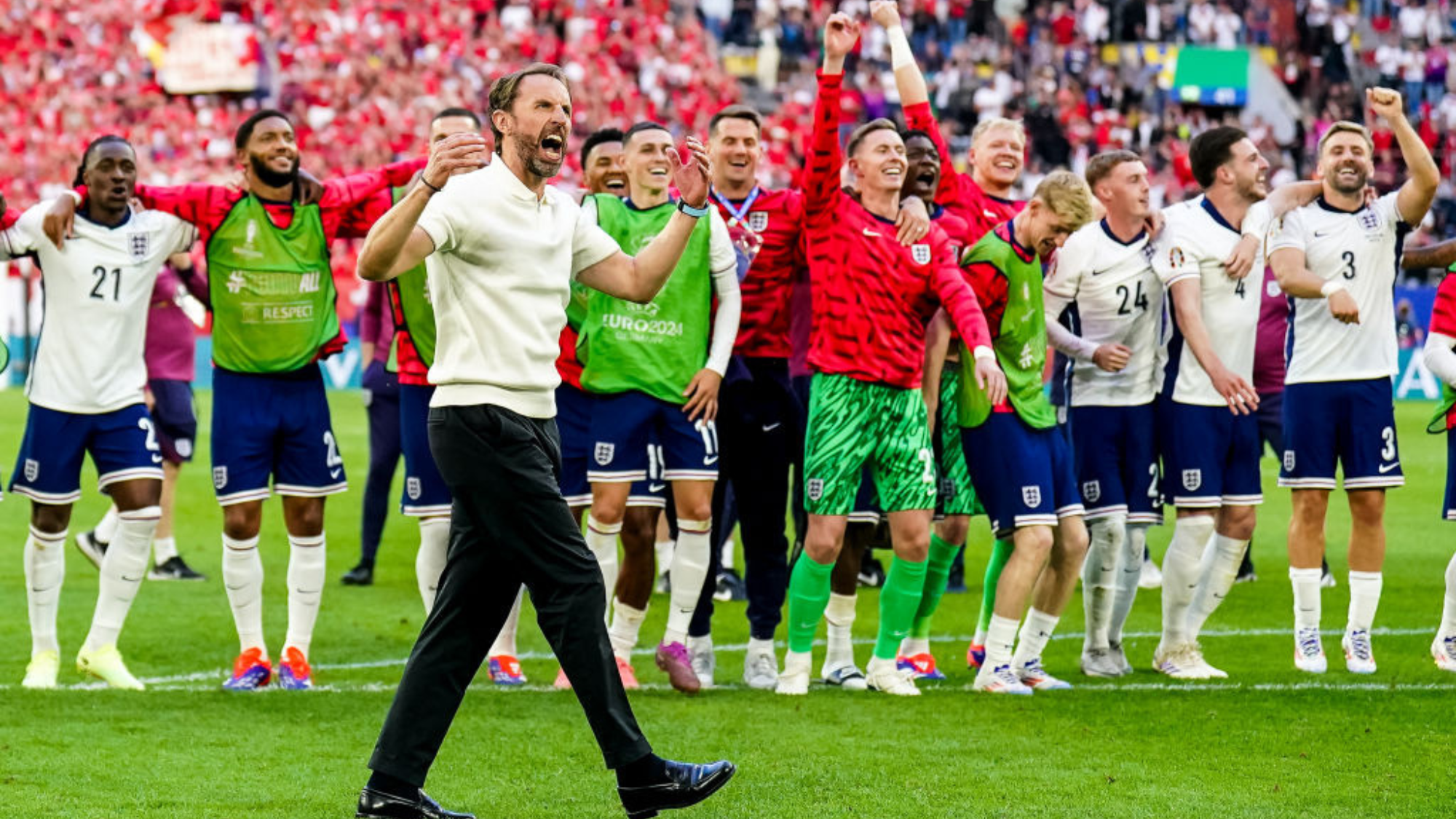
A 'more tolerant and understanding' England
In 2016, England had not won a tournament knock-out game in a decade, said Jonathan Northcroft in The Times. Things were so bad, the FA told Southgate that he didn't even need to qualify for the World Cup in 2018 to keep the job.
Painfully aware of the intolerable burden of expectation on England players, Southgate innovated: he brought in psychologists to help the squad share their fears, and introduced a buddy system, so that no player need walk back alone from a missed penalty. His methods worked, said Jonathan Freedland in The Guardian: from then on, England qualified for every major tournament, and reached at least the quarter-final in all of them.
But vital to his success was also the way he backed his side. When, in 2021, the then home secretary Priti Patel said fans could boo England players who took the knee, he fought back with his famous "Dear England" letter, in which he wrote that "our lads" were joining in efforts to create a "more tolerant and understanding society".
The youthful team he built embodied "the best of this country", and was one we could all rally behind, said the Daily Mirror. "Modest in victory, gracious in defeat", they were "tenacious and fearless". And they were a real team: "every individual effort was celebrated collectively". Southgate's England may not have lifted trophies, but they raised our spirits. He can look back with pride.
-
 Bad Bunny’s Super Bowl: A win for unity
Bad Bunny’s Super Bowl: A win for unityFeature The global superstar's halftime show was a celebration for everyone to enjoy
-
 Book reviews: ‘Bonfire of the Murdochs’ and ‘The Typewriter and the Guillotine’
Book reviews: ‘Bonfire of the Murdochs’ and ‘The Typewriter and the Guillotine’Feature New insights into the Murdoch family’s turmoil and a renowned journalist’s time in pre-World War II Paris
-
 Witkoff and Kushner tackle Ukraine, Iran in Geneva
Witkoff and Kushner tackle Ukraine, Iran in GenevaSpeed Read Steve Witkoff and Jared Kushner held negotiations aimed at securing a nuclear deal with Iran and an end to Russia’s war in Ukraine
-
 The price of sporting glory
The price of sporting gloryFeature The Milan-Cortina Winter Olympics kicked off this week. Will Italy regret playing host?
-
 The 9 best steroid-free players who should be in the Baseball Hall of Fame
The 9 best steroid-free players who should be in the Baseball Hall of Famein depth These athletes’ exploits were both real and spectacular
-
 History-making moments of Super Bowl halftime shows past
History-making moments of Super Bowl halftime shows pastin depth From Prince to Gloria Estefan, the shows have been filled with memorable events
-
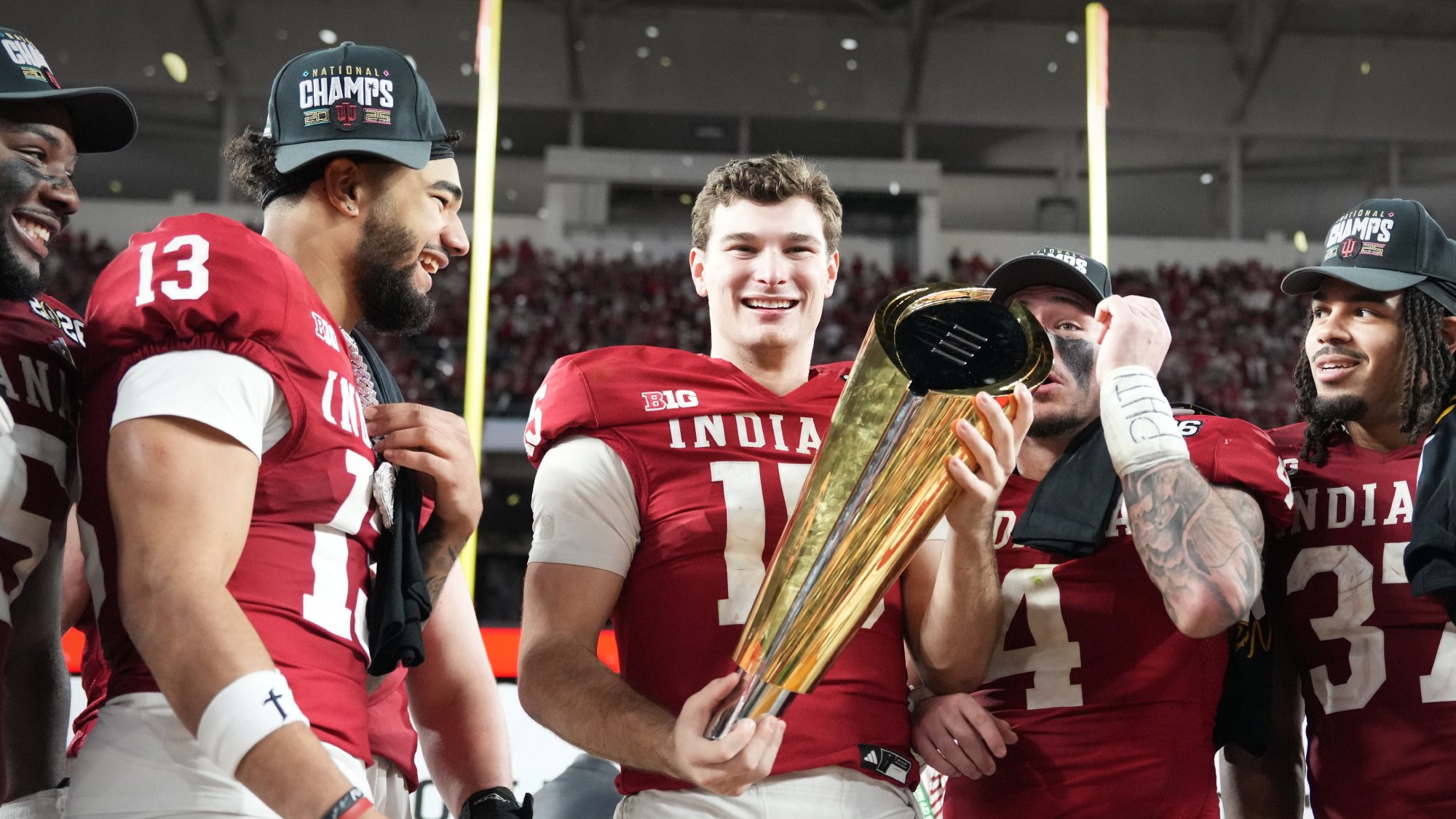 Indiana beats Miami for college football title
Indiana beats Miami for college football titleSpeed Read The victory completed Indiana’s unbeaten season
-
 Who is to blame for Maccabi Tel Aviv fan-ban blunder?
Who is to blame for Maccabi Tel Aviv fan-ban blunder?Today’s Big Question MPs call for resignation of West Midlands Police chief constable over ‘dodgy’ justification of ban from Aston Villa match, but role of Birmingham Safety Advisory Group also under scrutiny
-
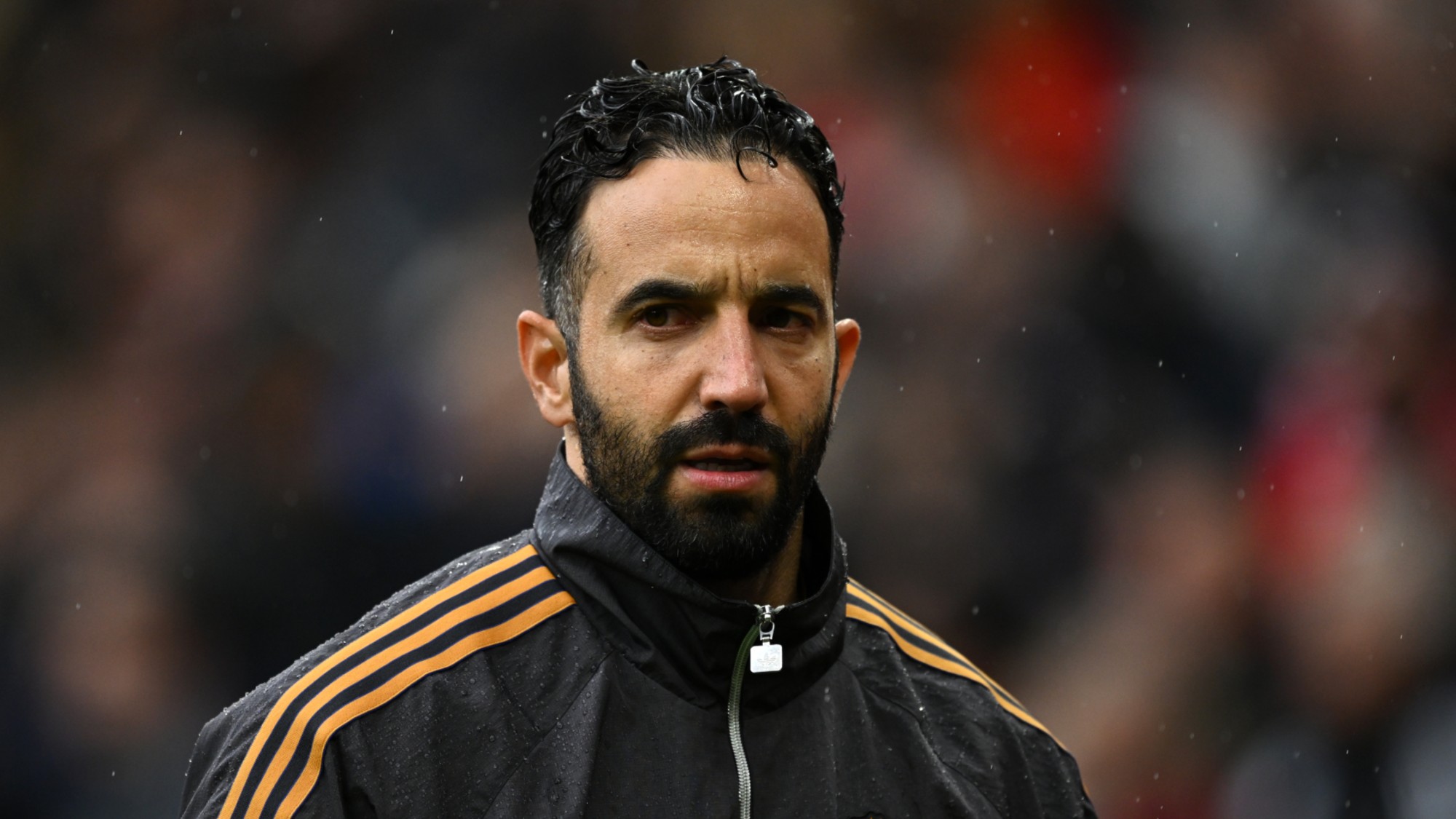 Amorim follows Maresca out of Premier League after ‘awful’ season
Amorim follows Maresca out of Premier League after ‘awful’ seasonIn the Spotlight Manchester United head coach sacked after dismal results and outburst against leadership, echoing comments by Chelsea boss when he quit last week
-
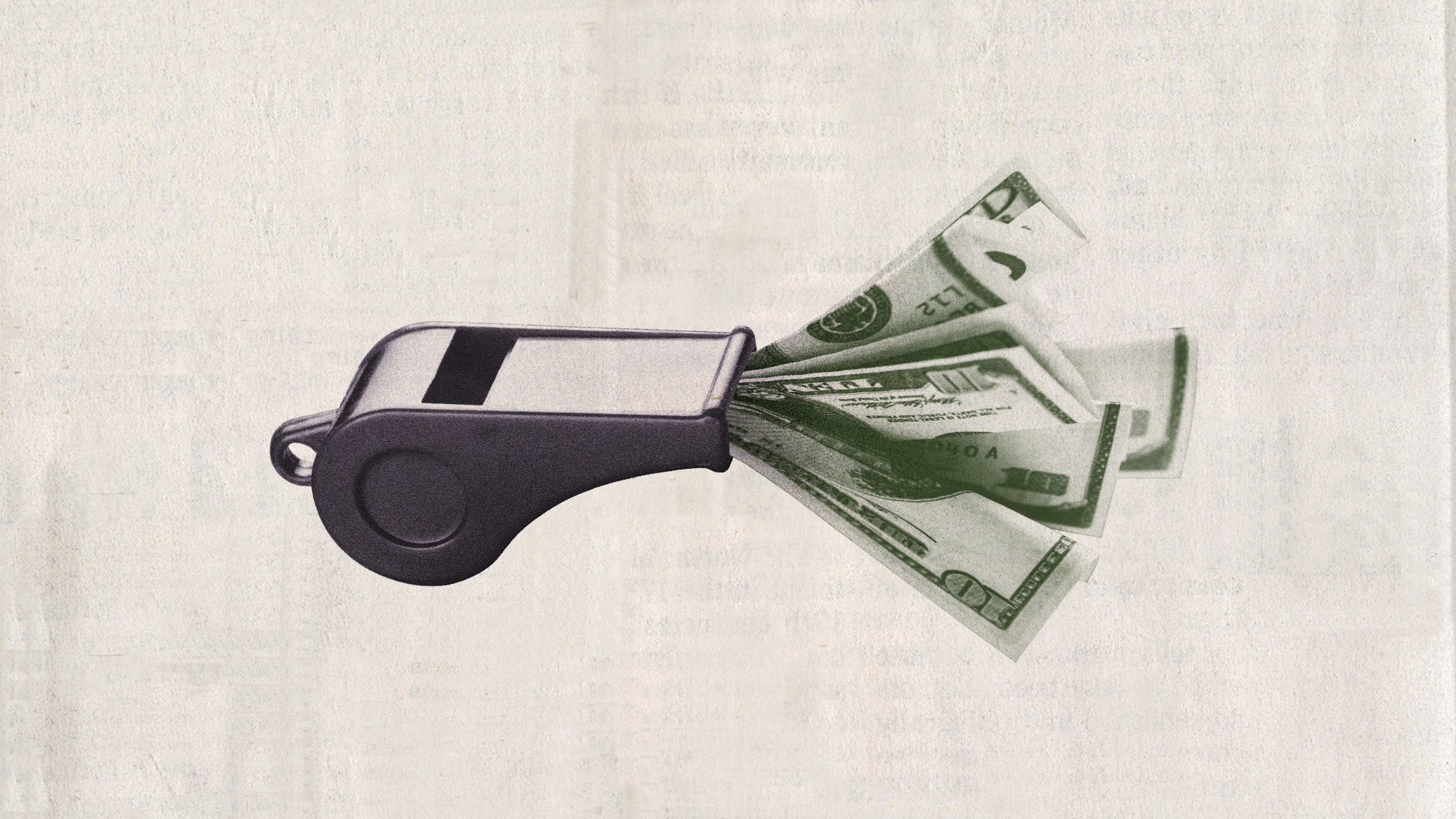 Coaches’ salary buyouts are generating questions for colleges
Coaches’ salary buyouts are generating questions for collegesUnder the Radar ‘The math doesn’t seem to math,’ one expert said
-
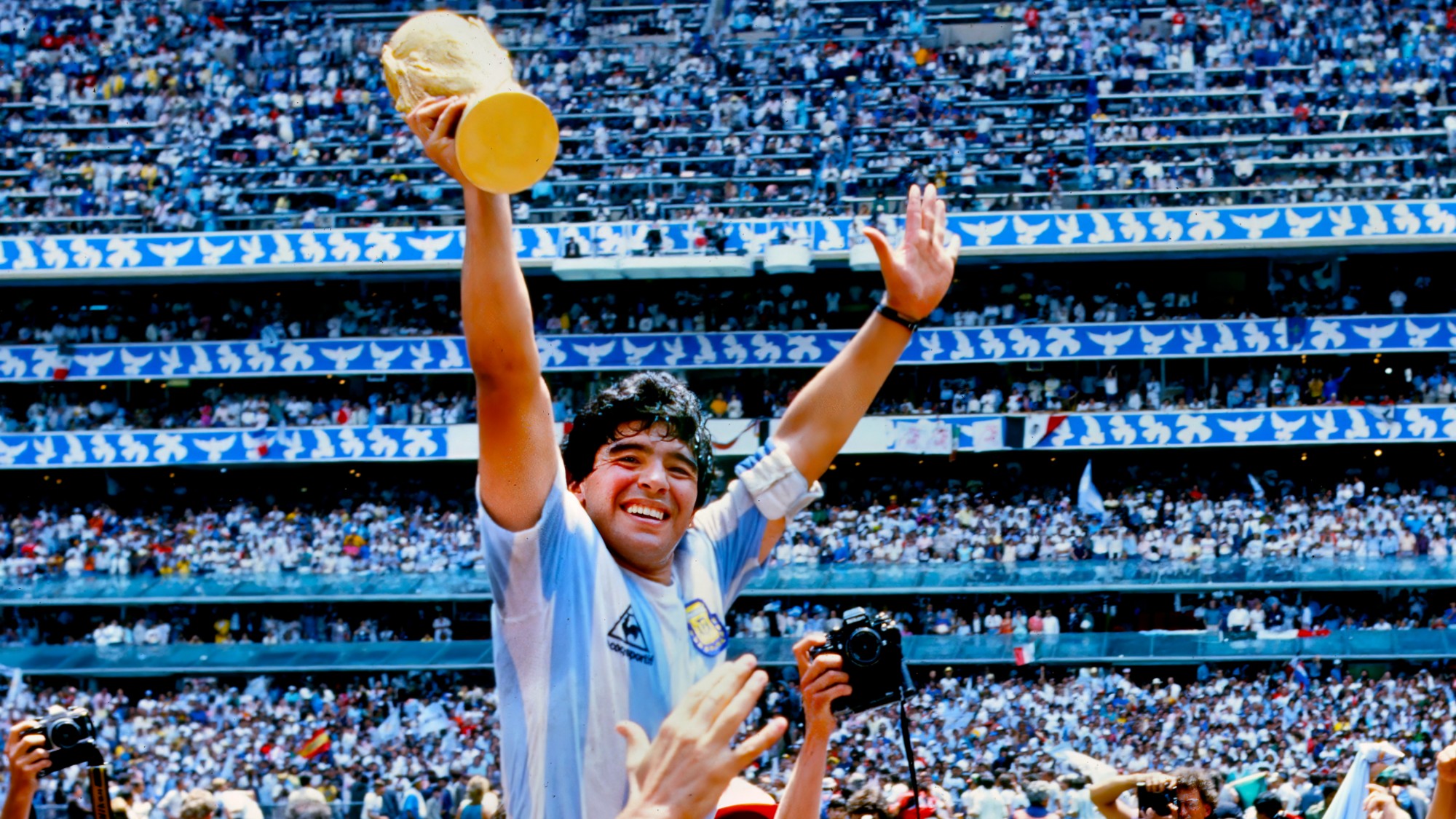 Five years after his death, Diego Maradona’s family demand justice
Five years after his death, Diego Maradona’s family demand justiceIn the Spotlight Argentine football legend’s medical team accused of negligent homicide and will stand trial – again – next year